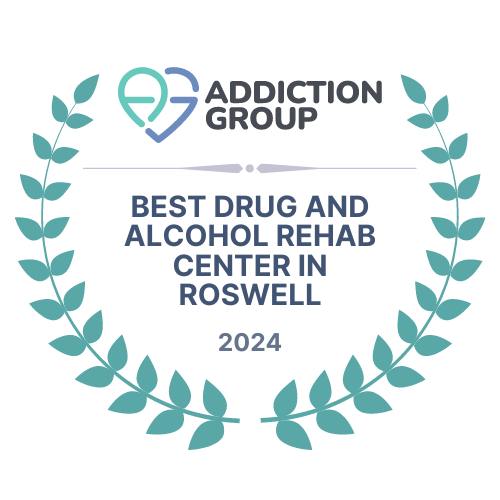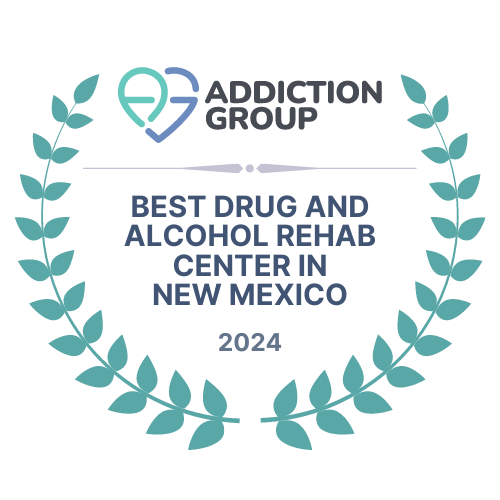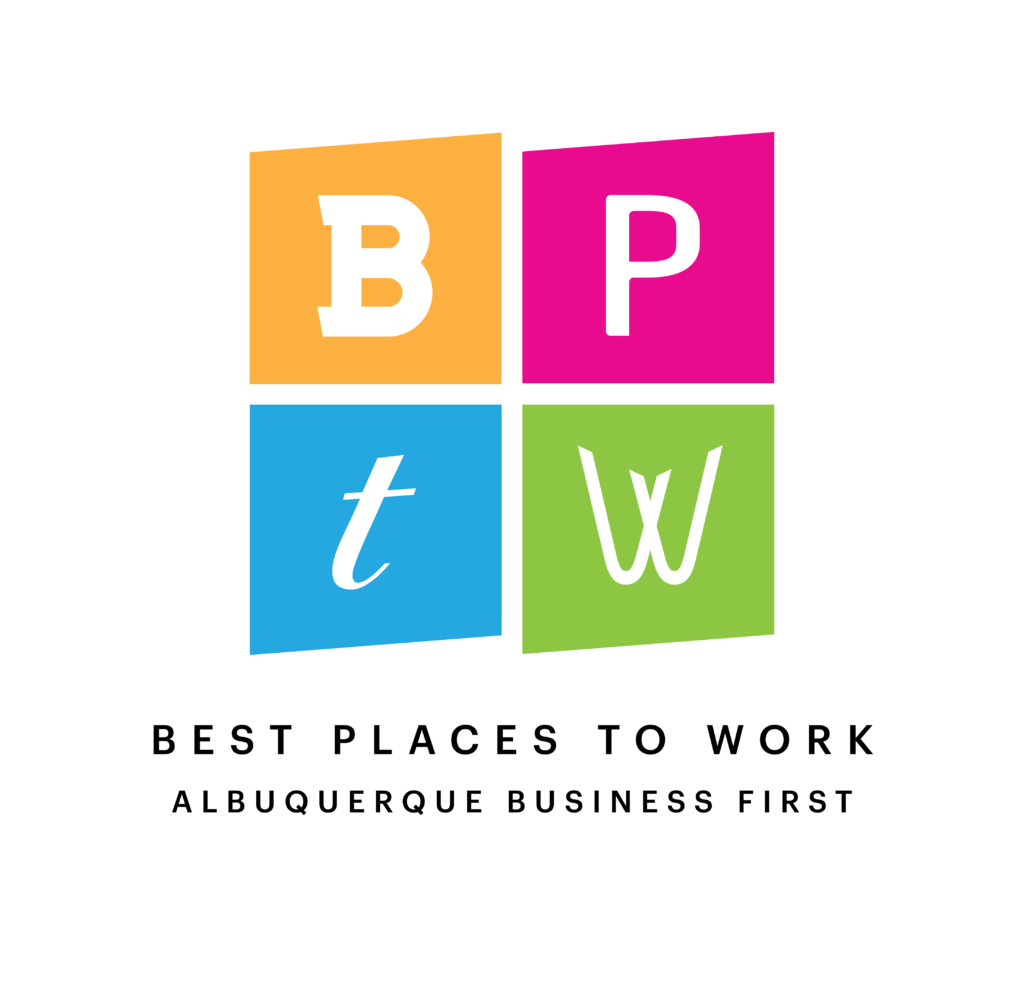Embarking on a journey to overcome addiction is a multifaceted process that requires not only mental strength and emotional resilience but also a commitment to physical health. Among the myriad strategies for sustaining recovery, physical activity emerges as a profoundly effective tool, offering benefits that extend far beyond the physical realm. This blog post delves into the significance of physical activity in the context of addiction recovery, highlighting its multifaceted benefits, practical tips for integration, and motivational strategies to foster a long-term commitment to physical wellness.
Understanding the Impact of Physical Activity in Overcoming Addiction
Physical activity, in its many forms, plays a pivotal role in the healing and recovery process for those overcoming addiction. It’s not just about counteracting the physical degradation that substance abuse may have wrought; it’s about rebuilding and fortifying the body and mind against future challenges. Exercise stimulates the release of endorphins, the body’s natural painkillers and mood elevators, contributing to reduced cravings and a more positive mental state.
The Psychological Benefits
The mental and emotional benefits of regular physical activity are vast. Exercise has been shown to alleviate symptoms of depression and anxiety, common companions of addiction recovery. The discipline and routine required for regular physical activity can also restore a sense of structure in one’s life, providing a healthy outlet for stress and negative emotions. The focus and concentration needed for physical exercise can further enhance mental clarity, allowing individuals to tackle their recovery with a sharper mind.
Types of Physical Activity to Consider
Incorporating physical activity into a recovery plan doesn’t mean one must become a marathon runner or gym enthusiast overnight. The key is to find enjoyable activities that encourage consistency and progression. Options include:
Walking or Jogging: Accessible and adaptable to different fitness levels, walking or jogging can be a meditative way to start integrating physical activity.
Yoga and Tai Chi: These practices combine physical movement with mindfulness, enhancing both physical flexibility and mental resilience.
Strength Training: Building muscle can improve self-esteem and provide a tangible sense of progress.
Group Sports: Participating in team sports can foster a sense of community and accountability, important factors in recovery.
Making Physical Activity a Sustainable Part of Recovery
Starting and maintaining a new exercise routine while navigating the challenges of recovery can be daunting. Here are some strategies to help make physical activity a sustainable part of the recovery process:
Set Realistic Goals: Begin with achievable milestones to avoid discouragement.
Find a Workout Buddy: Partnering with a friend or fellow recovery member can increase motivation.
Create a Routine: Consistency is key. Scheduling specific times for exercise can help it become a regular part of daily life.
Focus on Enjoyment: Choose activities that bring joy to increase the likelihood of long-term commitment.
Celebrate Progress: Recognizing and celebrating improvements can bolster self-esteem and motivation.
Overcoming Barriers to Physical Activity
Common barriers to integrating exercise into recovery include lack of time, energy, or motivation. Addressing these barriers head-on through planning, setting realistic expectations, and seeking support can mitigate their impact. Remember, the goal of incorporating physical activity into recovery is not just to improve physical health but to enhance overall well-being and resilience.
Conclusion
The role of physical activity in overcoming addiction is both profound and multifaceted, offering significant benefits to physical health, mental clarity, emotional resilience, and overall well-being. By adopting a tailored and enjoyable approach to exercise, individuals in recovery can harness these benefits to support their journey towards a healthier, substance-free life. The integration of physical activity into the recovery process is not just a strategy for physical revitalization but a transformative practice that can renew the spirit, motivate the mind, and strengthen the body against the challenges of addiction.








